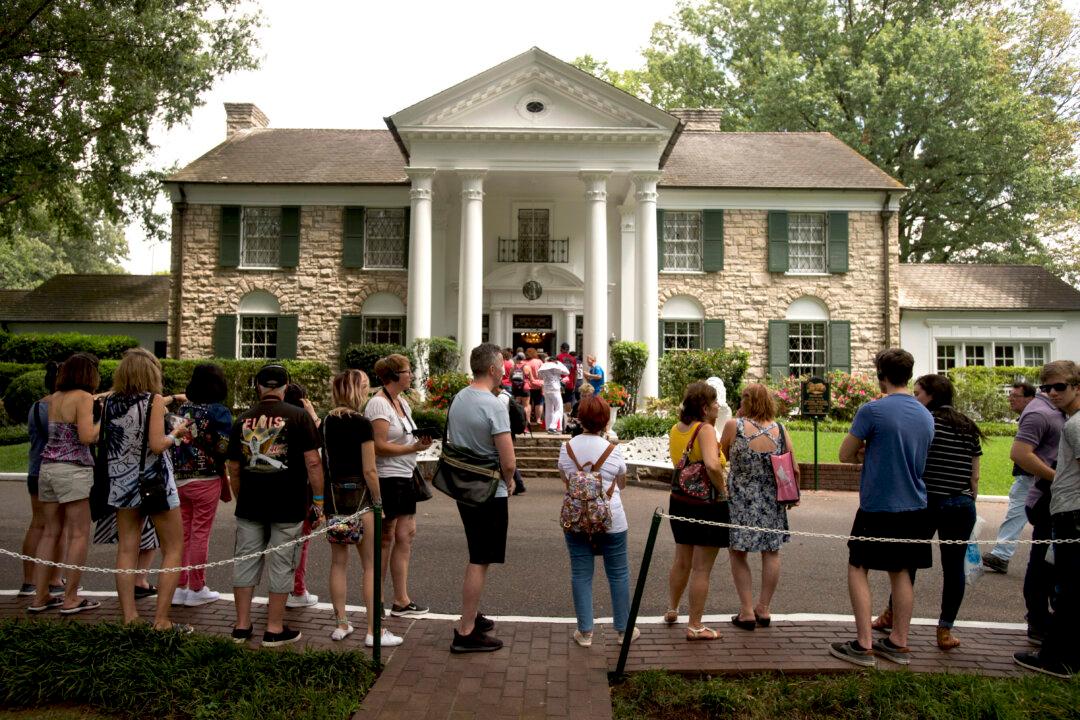The Tennessee attorney general said his office is looking into a company’s attempt to sell Graceland, once the home of Elvis Presley, at a foreclosure auction, a move that was halted by a judge after the king of rock ‘n’ roll’s granddaughter filed a lawsuit citing fraud.
Republican Attorney General Jonathan Skrmetti announced on May 23 that the Memphis mansion “became the target” of Naussany Investments and Private Lending when it tried to sell the home-turned-museum after claiming that Presley’s daughter, Lisa Marie Presley, had defaulted on a nearly $4 million loan that she allegedly secured using the property as collateral. Ms. Presley died in January 2023.





